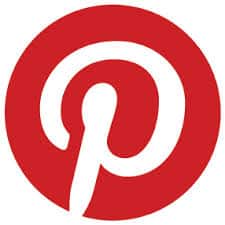
Ever been planning for a science lesson and for the life of you cannot remember that experiment website you needed? Pinterest is most definitely the education app for you! Established a couple of years ago, Pinterest is a free virtual cork board where you can sort and save all those science experiment procedures and background information that you need as a practising teacher for quick access. Importantly, as Pinterest is almost a completely visual medium filled with photos and videos, it works very effectively as you can quickly scan through your boards for a picture that reminds of the science lesson you want to teach… and it often comes with a link directly to the site where it came from.
How could you use Pinterest as a teacher? Well, when you’re looking through the internet and stumble across a webpage that you want to save you can simply ‘pin’ an image from that website onto one of your boards for you to access later. Because you can sort your ‘pins’ onto different boards that you name, eg. ‘sound experiments’, you can very quickly organise hundreds if not thousands of lessons that makes to sense to you.
What does it look like?
Check the Fizzics Education Pinterest site below to see how we use this app for science education purposes:
When you click on any of the boards listed, you then get to scroll through the sorted pins that have been placed on that board.
For example, this is the “Fun science experiments” board on Fizzics Education’s Pinterest site.
You can then click on an individual pin to find out more information about that pin as well as click through to the actual website where it came from or alternatively send it to a colleague as an email.
For example, this is the close up of the Make a borax snowflake pin on the Fizzics Pinterest Page
No doubt it would be highly useful as a classroom teacher to begin to curate your own Pinterest site filled with pins from websites that you care about. It’s like a mind map of ideas, thoughts and resources that you control and so it becomes a highly useful way to store your best lessons and activities for future use. This means you will spend less time trawling through loads of text on websites trying to work out what you need or worse being stuck for ideas on a lesson, all you have to do is visit the boards that you’ve made previously! The more you use it, the more powerful it becomes.
Like any social media site, you can visit other people’s Pinterest pages to see what they’ve been collating. If you like what they’ve been curating you can choose to follow their entire Pinterest page or simply follow one or more of their boards they’ve made. More importantly, you can copy their individual pins onto your own boards which means you can very quickly build up a resource list for your references. As you follow more and more educational sites on Pinterest your home page will become highly varied as recent pins being uploaded by the sites you follow become visible and available to keep as well! This is very handy and can work as a way of expanding your knowledge in a topic area very quickly.
How do you begin to add pins to your own Pinterest boards?
First, you need an account and then start to create a board on the site and name them.
Once you’ve named at least one Pinterest board, you’ll need to click on ‘create a pin’ to add your first pin:
Now you have a couple of easy ways to create a pin, you can either copy and paste the webpage URL whereby Pinterest than trawls that page for images to pin or alternatively you can upload an image from your device.
You just need to describe the pin and you’re done!
Despite this all being easy, it is even easier if you install the Pinterest button on your browser – once you do this it will be a simple matter of clicking the little Pinterest logo that gets installed on your browser when you find an image you like on the web and you can then place that image straight onto one of your Pinterest boards.
You can also install the mobile app on your smartphone too:
Pinterest on iTunes
Pinterest on Google Play
The reality of teaching science is that over time you will keep being exposed to more and more information on new ways to teach science, new science experiment procedures, developing scientific research and more. There comes a point where you risk simply forgetting all those great articles you’ve seen or you get that frustrating ‘it’s on the tip of my tongue’ syndrome whilst lesson planning! The good news is that there are software tools out there that can help you and Pinterest most certainly is one of those fantastic solutions that can be quickly adapted by the busy science educator.
Happy teaching,
NEW Primary science teaching book!
“Be Amazing! How to teach science, the way primary kids love”
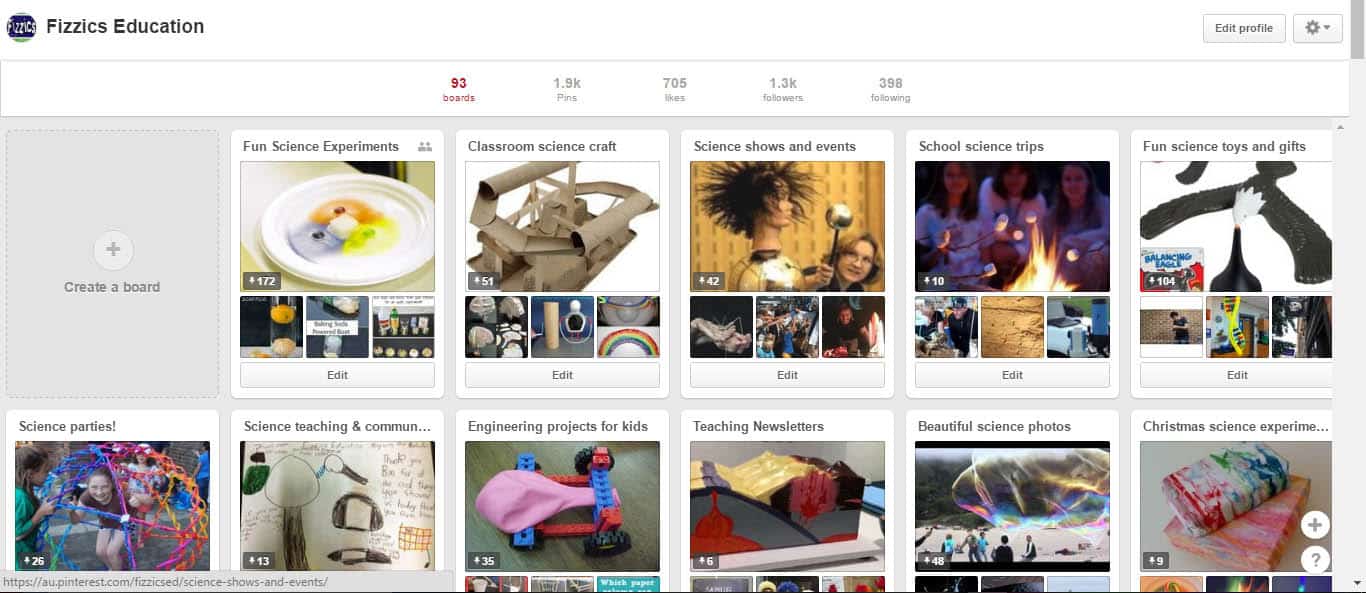
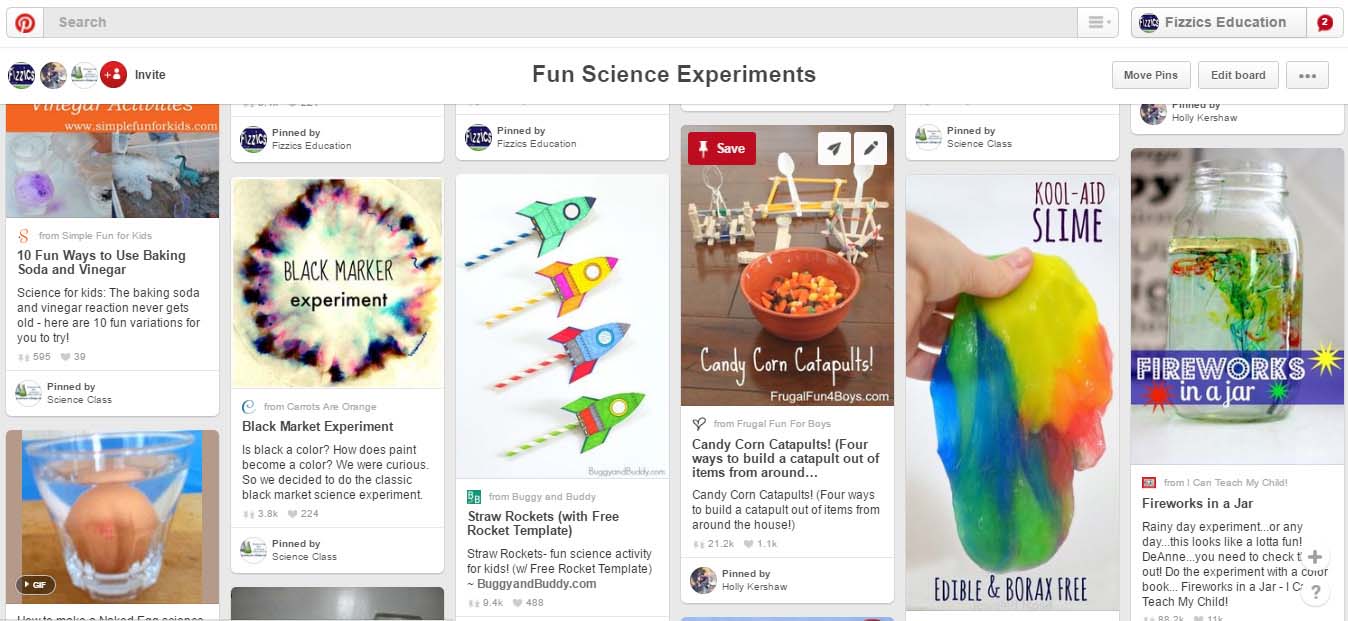
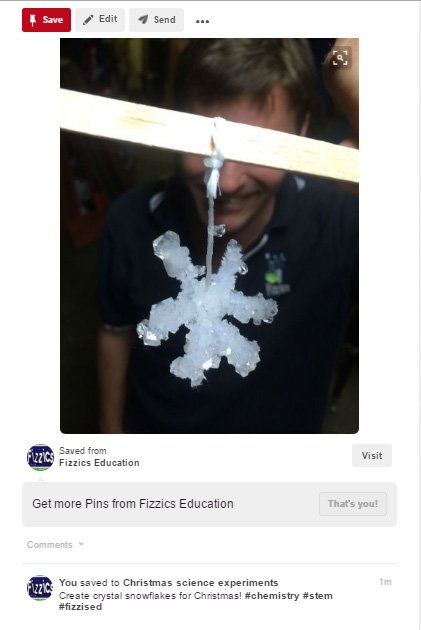
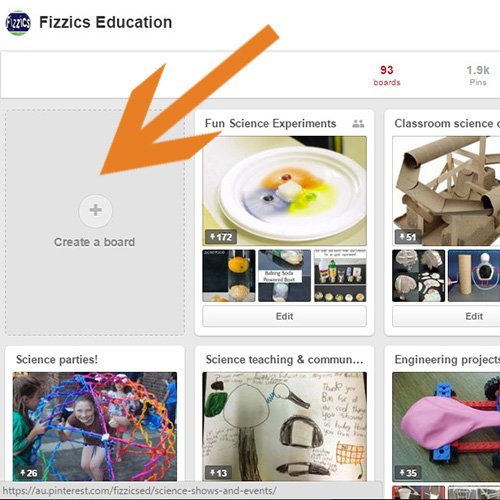
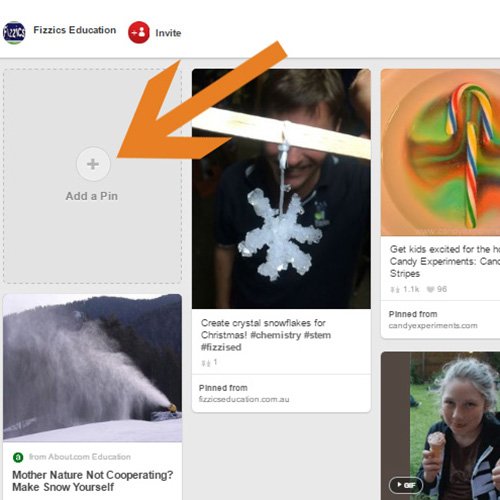
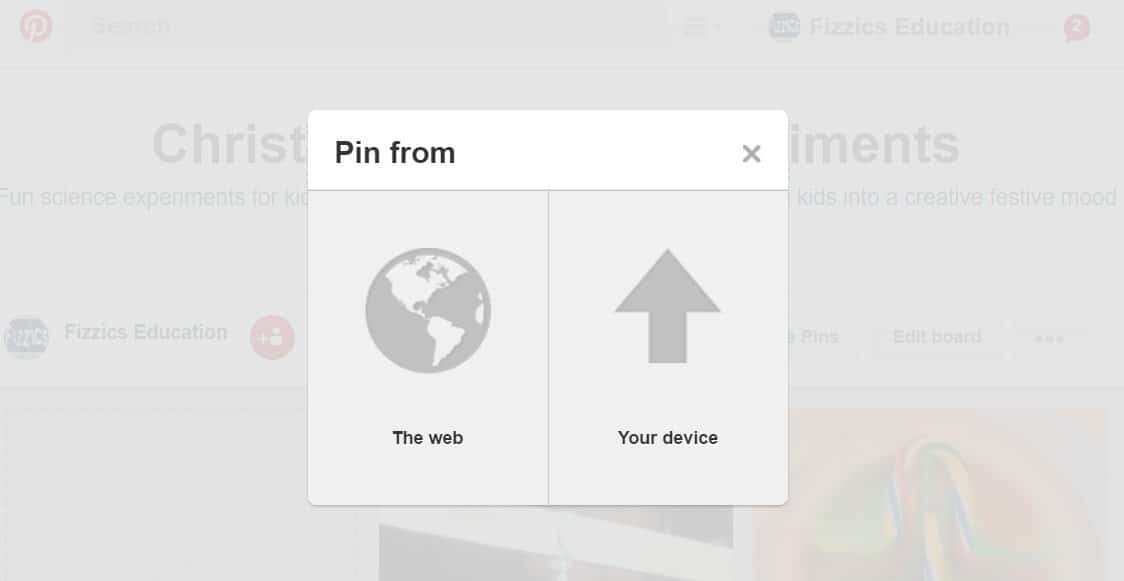
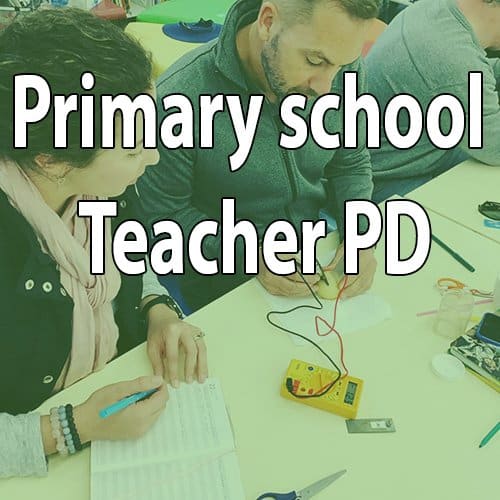

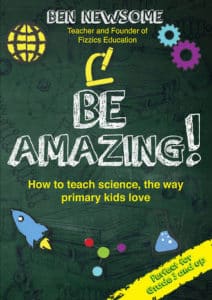

























Comments